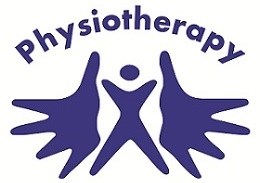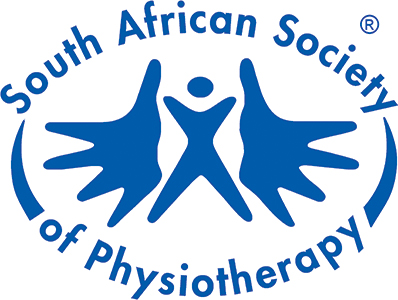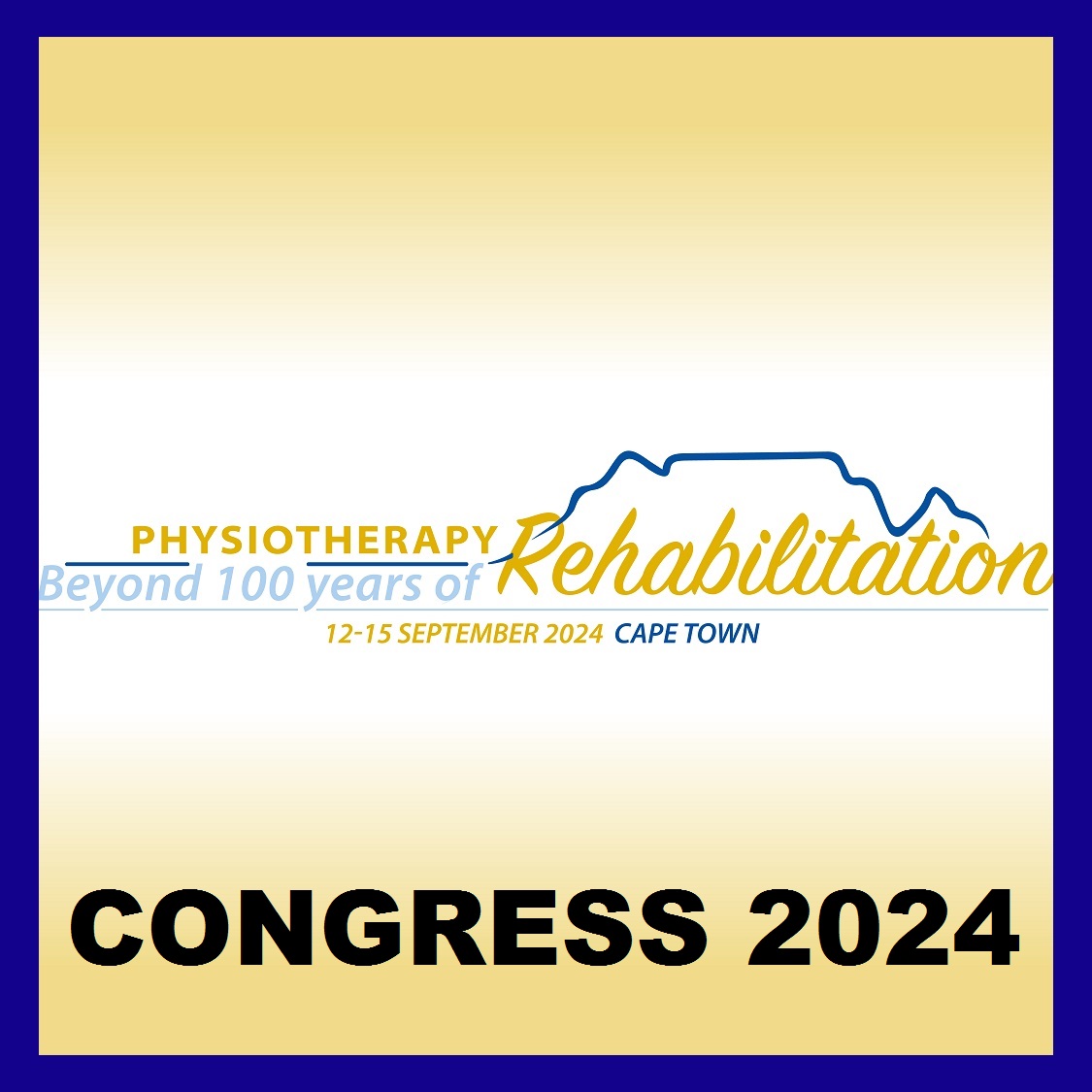
Want speedy recovery after injury or illness?
Regain optimum function, comfort and activity
Your physiotherapist has got your back!
If you spent time in a hospital ward this winter, chances are you heard the steady thump-thump-thump of a physiotherapist doing chest physio on a patient who has a bronchial condition. The physiotherapist was patiently working to loosen the secretions that build up, for example with pneumonia, and make both breathing and recovery more difficult.
‘Chest physio’, they call it, and variants, tailored to the patient and the conditions, will be performed right across the hospital, from paediatrics to cardiac patients. A number of studies show just how important this treatment is: “The presence of a physiotherapist in the intensive care unit contributes decisively to the early recovery of the patient, reducing mechanical ventilation support need, number of hospitalisation days, incidence of respiratory infection and risk of mortality.”
It’s not just a mechanical action; like most physiotherapy treatments, it involves extension education and hands-on work with the patient to show them how to breathe.
‘Most of us breathe quite shallowly,’ says Prof Witness Mudzi, President of the South African Society of Physiotherapy. “We fall into the habit of breathing at the top of our chests. This habit shows up when we’re admitted to hospital with something like pneumonia. Then it’s the physiotherapist’s job to help the patient to learn to breathe better.”
Whatever lands you in hospital, whether infection or vehicle injury or stroke, the scientific evidence is building over the years that a physiotherapist who’s taken a special interest in a relevant field will speed your recovery and return to function – the ‘activities of daily life’, from boiling a kettle to running a couple of kilometres, so precious until they’re suddenly impossible to do anymore.
In 2014, writing about much-dreaded stroke that snatches away the independence of so many in this country, the authors of a gold-standard Cochrane Review said, “We found physical rehabilitation to be more effective than usual care or attention in improving motor function, balance and gait velocity. Subgroup analysis demonstrated a significant difference based on the dose of intervention, indicating that a dose of 30 to 60 minutes delivered five to seven days a week provides significant benefit.”
Thank goodness we have world-class physiotherapists in this country. In the worst hours of your life, they’ve got your back!
To find a physiotherapist, go to www.saphysio.co.za/find-a-physio/
References available on application to nec_communications@saphysio.co.za
Issued by The South African Society of Physiotherapy - (011) 615-3170 / www.saphysio.co.za
Back






